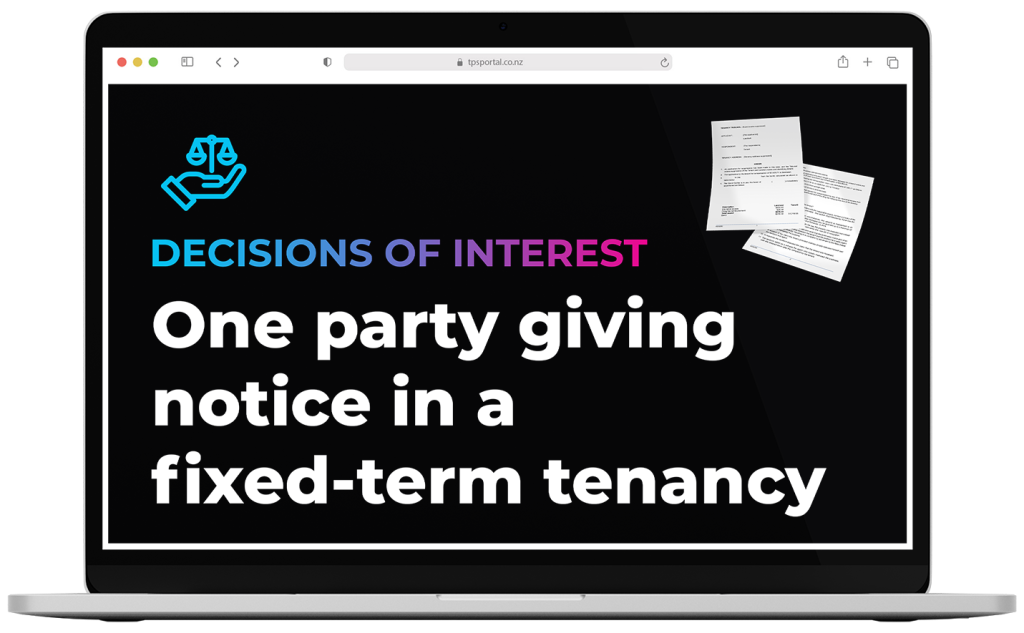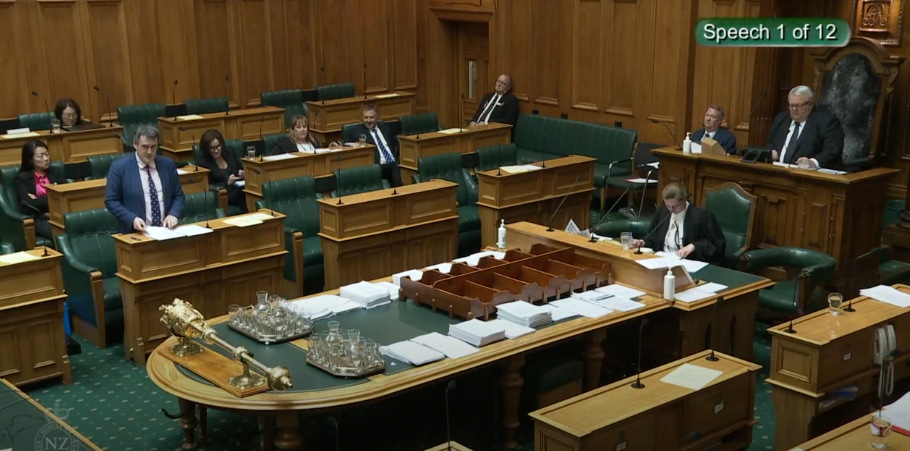
Amidst a contentious dispute over rent arrears and bond refunds, this Decision of Interest unfolds with four tenants issuing notices at differing times. The landlord challenges the adequacy of these notices.
Let’s delve into how the Tenancy Tribunal resolved these issues and explore the case law involved in this complex case.
Case Background:
In this Tenancy Tribunal Order, which began in May 2021, and was scheduled to conclude in May 2022, four tenants initially entered into a fixed-term tenancy agreement. The dynamics shifted in December 2021, when Tenant 2 replaced a former joint tenant, altering the composition of the agreement.
As the fixed-term approached its end, in March 2022, the landlord corresponded with all tenants, reminding them of the impending expiration date of their fixed-term tenancy. The correspondence set in motion a series of communications that would become central to the dispute.
On April 7, 2022, Tenant 2 notified the landlord of their intention not to renew the tenancy beyond the fixed term, effectively indicating their desire to vacate the premises. This initial notice was followed by Tenant 1 and Tenant 3 on May 5, 2022, who similarly informed the landlord of their plans to vacate by June 1, 2022.
On May 5, 2022, the landlord emailed the tenants, stating that their fixed-term tenancy would automatically convert to a periodic tenancy on May 24, 2022, as they had not provided 28 days’ notice before the term’s expiry. Consequently, the tenants would be liable for the tenancy until June 21, 2022. This email led to a dispute over the interpretation of the RTA,
On May 13, 2022, when Tenant 1, Tenant 3, and Tenant 4 collectively communicated their decision not to enter into a new tenancy agreement after the fixed term expired.
The situation culminated when a dispute was entered into which ultimately ended up at the Tenancy Tribunal.
Key Points from the Case:
- Notice Given: Tenant 2 provided notice to terminate the tenancy more than 40 days before the fixed term’s expiry date of May 24, 2022.
- Landlord’s Argument: The landlord contended that all joint tenants were required to give notice collectively to effectively end the fixed-term tenancy, citing principles from Leek and Moorlands (1952).
- Tenant’s Position: Tenant 2 argued that the notice they provided under section 60A(2)(d) of the RTA was sufficient to terminate the tenancy at the fixed term’s conclusion. This subsection allows for notice by a tenant in a fixed term tenancy, so the tenancy was treated as if it was already periodic.
So, what legal authorities are relevant to this case? What was the outcome? And why is this Decision of Interest subject to change?





